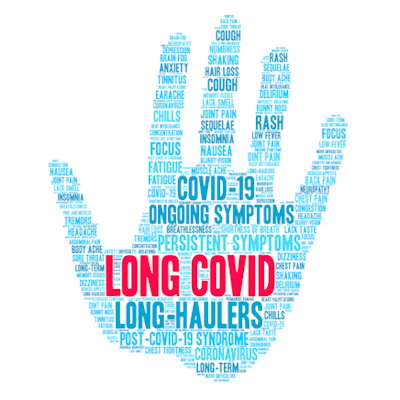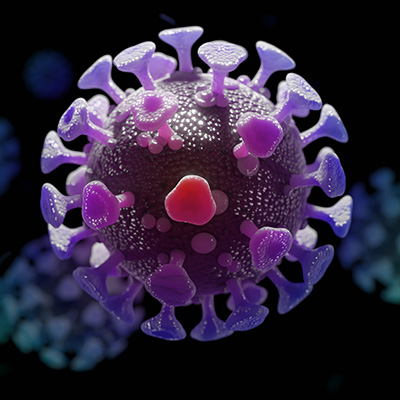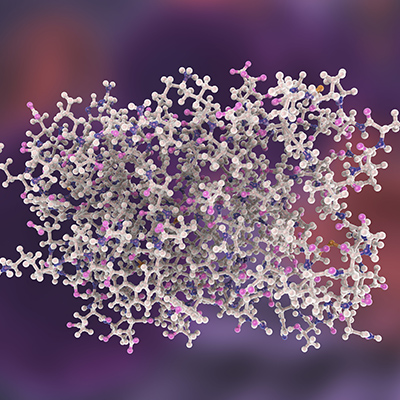February 15, 2023 -- A comprehensive study of organ impairment in long-COVID patients over 12 months shows that organ damage persisted in 59% of patients a year after initial symptoms, even in those not severely affected when first diagnosed with the virus.
The study, published on Tuesday in the Journal of the Royal Society of Medicine, focused on patients reporting extreme breathlessness, cognitive dysfunction, and impaired quality of life.
The study included 536 long-COVID patients, 32% of whom were healthcare workers and 13% of whom were hospitalized when first diagnosed with COVID-19. Of the 536 patients, 331 (62%) were identified with organ impairment six months after their initial diagnosis. These patients were followed up six months later with a 40-minute multi-organ MRI scan (Perspectum's CoverScan), analyzed in Oxford.
Researchers found that 29% of the long-COVID study participants had multi-organ impairment, with persistent symptoms and reduced function at six months, and again at 12 months after their initial COVID-19 diagnosis. It was found that 59% had single-organ impairment 12 months after diagnosis. Symptoms were more closely associated with female patients, younger patients, and those with single-organ impairment.
The study reported a reduction in symptoms between six and 12 months. Extreme breathlessness was reduced from 38% to 30% of patients, cognitive dysfunction was reduced from 48% to 38% of patients, and poor health-related quality of life was reduced from 57% to 45% of patients. Other studies have confirmed the persistence of symptoms in individuals with long COVID up to one year after diagnosis. Researchers found that three in five, or 60%, of long-COVID patients have impairment in at least one organ, and one in four, or 25%, have impairment in two or more organs, even in cases with no symptoms.
The underlying mechanisms of long COVID remain elusive. The researchers did not find evidence in symptoms, bloodwork, or MRI to clearly define long-COVID subtypes. However, they note that the impact on quality of life and time off from work, particularly in healthcare workers, is a major concern for individuals, health systems, and economies. They found that, of the 172 healthcare workers in the study with no prior illness, 19 were still symptomatic at follow-up and out of work for a median of 180 days.
"Organ impairment in long COVID has implications for symptoms, quality of life, and longer-term health, signaling the need for prevention and integrated care for long-COVID patients," noted University College London professor and co-author Amitava Banerjee, PhD, in a statement.
Copyright © 2023 scienceboard.net











